Hey, everyone! Let’s talk about a fiction award!
Oh calm down you two. And yes you’re not a couple we get it, GOD.
This isn’t the 18,000th Hugo Awards reaction piece. There’s no point. Well, actually, there is a point. Five or so points to be precise that have been repeated again and again and again over the last couple of weeks like the world’s worst disco remix, one with added Fisking instead of ‘uh huh’s’ or that guy who said ‘Aw YEAH!’ once into a microphone in 1992 and appeared on about a hundred records.
Want to know how we live in the future? I just googled ‘guy who said AH YEAH! on a lot of records’ and found this, which is brilliant. Also that sample is from Run DMC which makes it even more brilliant.
Anyway, no Hugo Awards discussion here, promise. If you want some, throw a virtual rock online and you’ll find plenty. File 770 is the best place to start. Go, get it out of your system, read it, write a reaction post of your own if you must and then go vote for a Gemmell Award.
Here’s why.
The Gemmell is named for David Gemmell, legendary and much missed British fantasy author. Its three awards flying in tight formation. The Legend is for the Year’s Best fantasy novel, the Morningstar is for the best Fantasy debut and the Ravenheart is for the best Fantasy cover.
That’s it. No Best Fan Who Does A Thing awards, no Best SemiProZine Published on Every 3rd Tuesday, no Johnny Bob and the Novelettes. Best novel, best debut, best cover.
Oh and you can vote on all of them right now.
For free.
It’s a fantastic set of awards that, like the Clarkes and the Kitschies is infinitely more concerned with books that are great than endless perceptual rules wargaming or mind numbingly tedious political tubthumping. None of these awards get anywhere near the prestige or attention they deserve and, with the Gemmell announcing their long lists this week, I figured now was a good time to redress that a bit.
Now, before you go off to pore over that longlist, I’d like to suggest you pay particular attention to the Morningstar award because, holy crap 2014 was a fantastic year for fantasy debuts. I’ve read a chunk of that shortlist and there’s not a one of them that doesn’t deserve the award.
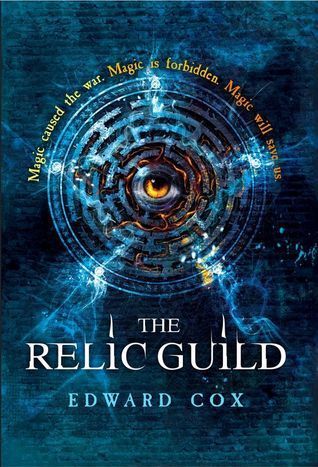
All four of the Morningstar listed novels I’ve read draw from very unusual subject matter to create something extraordinary. Edward Cox’s The Relic Guild is a great example. The labyrinth at the literal and metaphorical centre of the story is a prison, one set in a world where humanity has been corralled for its own protection. There’s the slightest hint of Attack on Titan to it and that, combined with the battle the Relic Guild themselves have against the march of time gives the book an urgent driving edge.
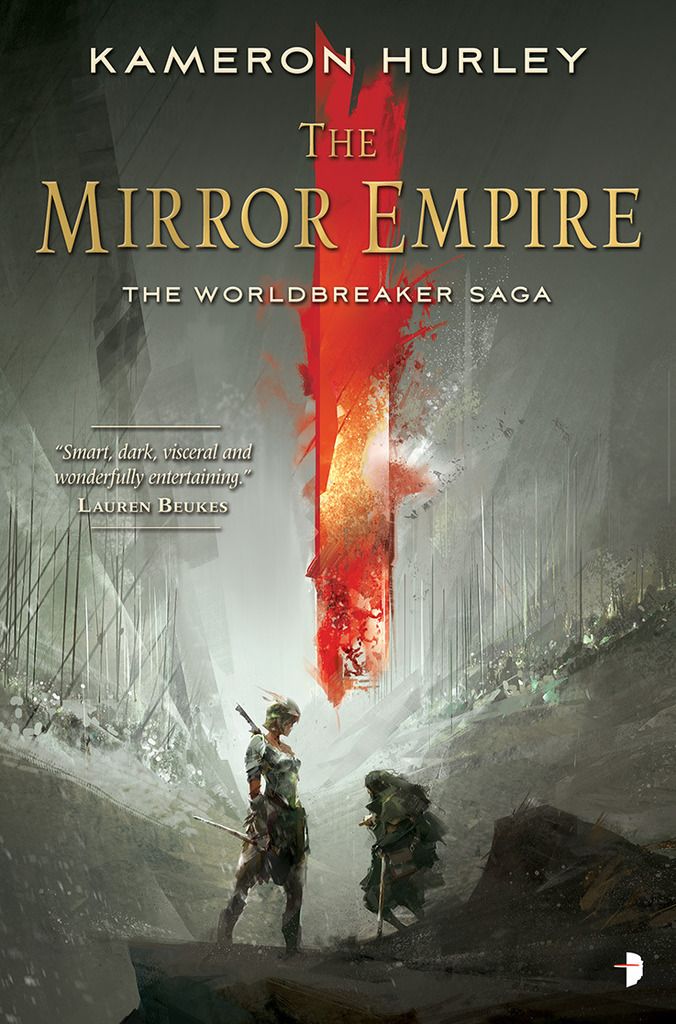
Where The Relic Guild is based on the consequences of massive events in the past, Kameron Hurley’s The Mirror Empire is concerned with the bow wave of massive events in the immediate future. The story of an invasion, it takes in the opposing force, the people responsible and most importantly, the people caught in the middle. It’s blisteringly clever, grabs you from page one and is one of the most confident fantasy novels I’ve read in a long time.
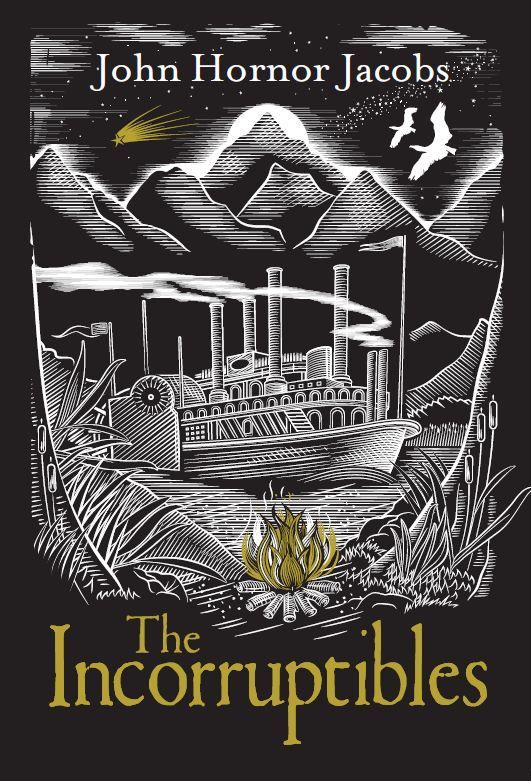
That confidence is also present in The Incorruptibles by John Hornor Jacobs, which was one of my books of the year last year. The story of two mercenaries hired to protect a noble family, its set in a world which riffs far more on recent American history than European. This is a western at least as much as it’s a fantasy and Jacobs, whose prose is as accurate and devastating as the guns of his leads, takes the book to some very surprising places. It shares Mirror Empire’s constant perceptual shifts in just who the villains are, as well as its endless invention, accessibility and energy.
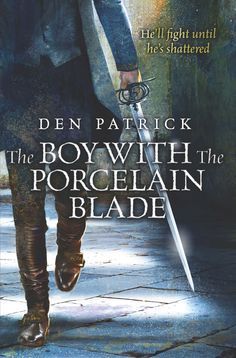
That energy, and unusual foundation, is also connective tissue shared with The Boy With The Porcelain Blade. Den Patrick’s novel takes an Italianate culture and extends it out into something rich, strange and disturbing. The lead is an orfano, one of the countless, slightly mutated children who are courted by the noble houses of their country. Lucien is too clever for his own good, one of the first Orfano to realize just how abusive the system they’re confined in is. Handed a battle he can’t win, Lucien does the only thing he can and is exiled for that. Which leads to the real trouble…Splitting the narrative between incidents from Lucien’s youth and the present day, Den creates a driving, urgent narrative with a wicked sense of humour and a jet black streak of horror to it that, like its protagonist, is both dangerous and light on its feet.
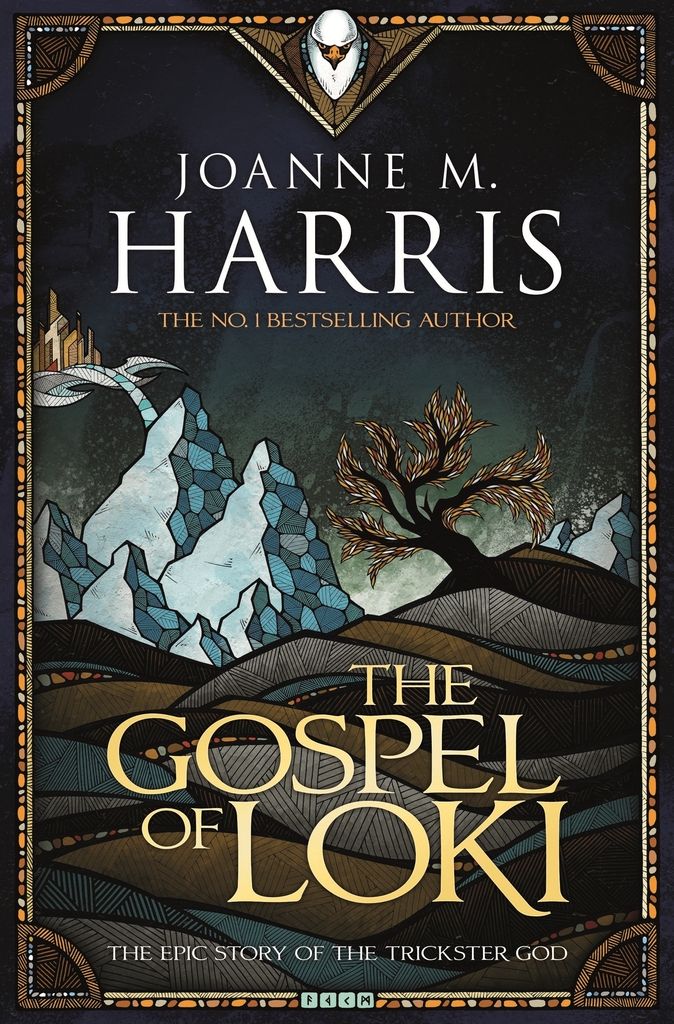
That’s four novels out of a shortlist of ten, all brilliant and absolutely deserving of the award. Three of them are also on the Legend longlist with two other novels worth your time. The Gospel of Loki by Joanne Harris is wonderful. The story of Loki, by Loki, it’s an extremely funny and elegantly constructed look at everyone’s favourite Norse trickster. It’s also a beautiful celebration and update of the classic Viking myths and shot through with the unique combination of fatalism and hope that makes those stories immortal.
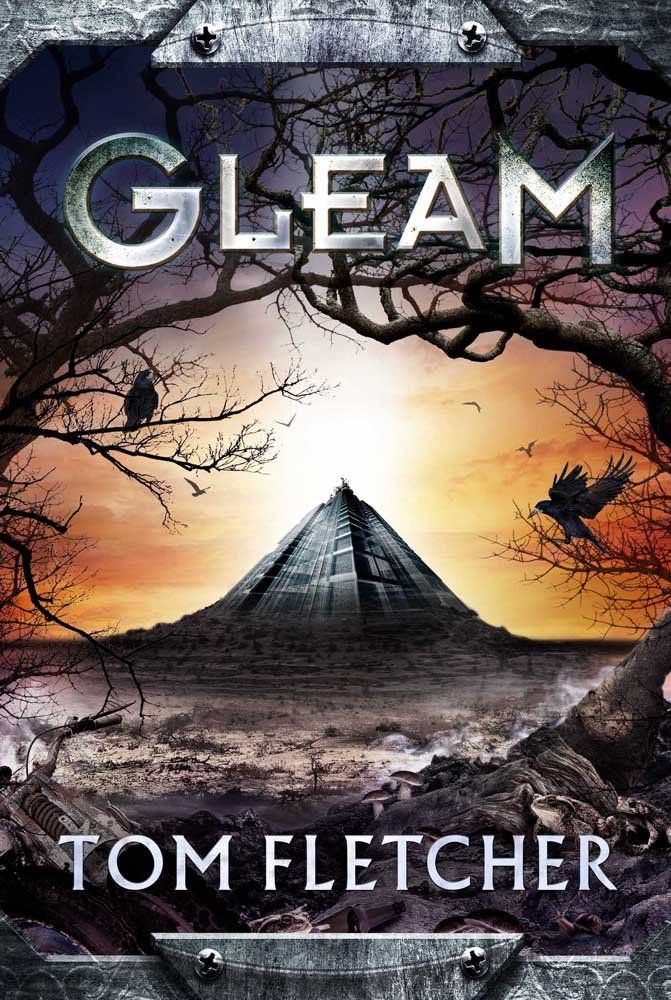
Also on that list is Gleam by Tom Fletcher which, along with Revision by Andrea Phillips is one of the two best books I’ve read so far this year. Set on Gleam, a fecund, swampy world overrun by feral and ruined industrial architecture it’s the story of Alan, the Discard and the Pyramid. Alan is one of the inhabitants of Gleam raised in the Discard, the wild swamp land that anyone not good enough to live in the Pyramid lives in. Taken to the Pyramid to save his life, Alan grows up in the sterile, ritualized industry of the vast building but never settles in. When he’s thrown out, he vows to save his wife and child but first, has to save himself. Fletcher’s world is a rich, loamy place, an overgrown industrial Gormenghast filled with painfully well realized people. Just like the other books, no one’s a hero here, but everyone’s trying to get by. The action and locations are nightmarish, the world is beautifully realized and the novel reads like nothing else right now.
You can vote for the awards here but there’s something else you can do that’s even better. Use these shortlists as shopping lists. These are some of the best novels of our time, being written by some of the finest authors. Buy them, read them and talk about what you thought, good or bad. Because if you do that?
Everyone wins.

